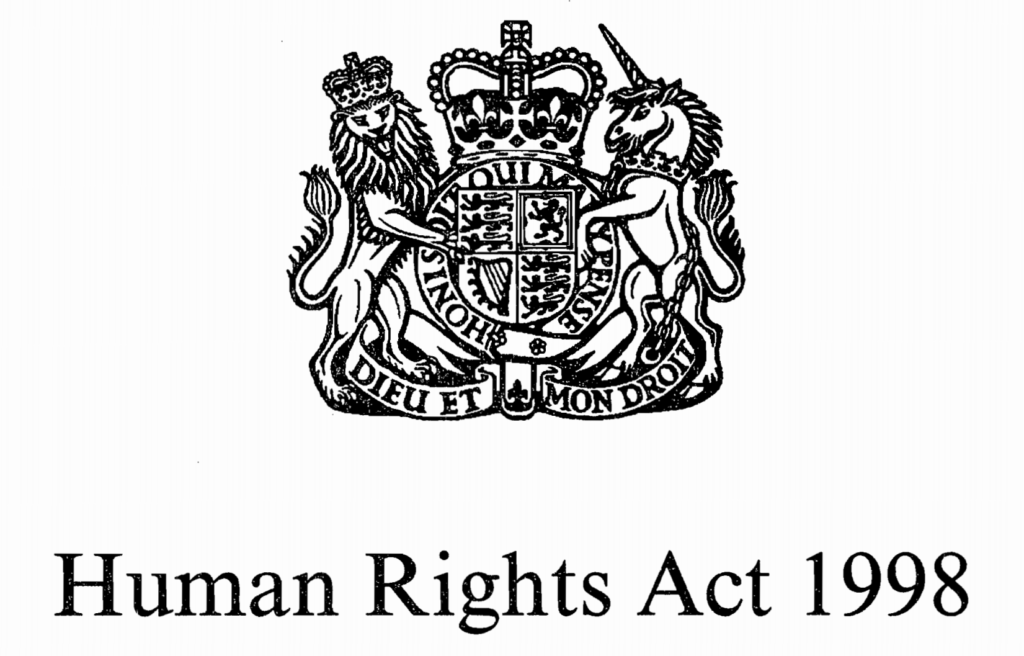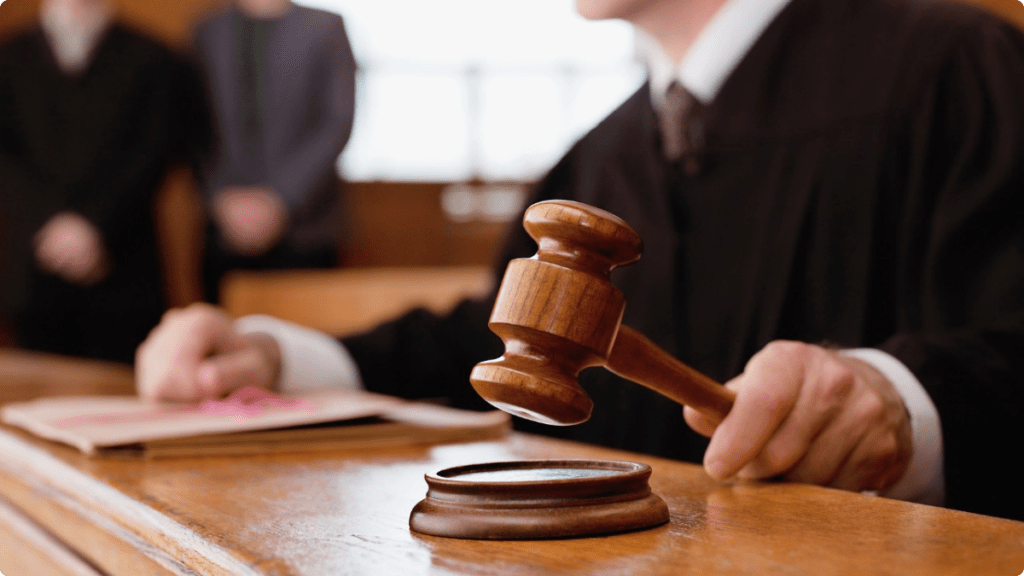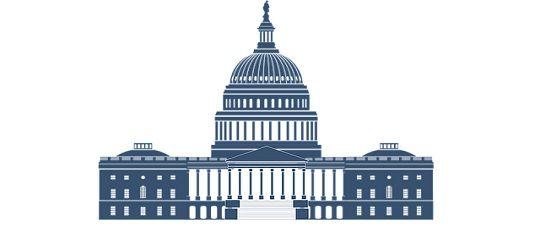Criminal law and common morality are two interconnected aspects of the legal system that play significant roles in shaping societal norms and standards of behavior.
While criminal law is a formalized set of rules and regulations enforced by the state, common morality refers to the shared ethical values and principles held by a society. These two elements often intersect, influencing each other in the realm of criminal justice.

Codifying Moral Standards:
Criminal law is, in many ways, a reflection of common morality. The legal framework embeds societal values also beliefs regarding right and wrong, harm, and fairness.
Universal moral aversion to harming others and taking what belongs to someone else roots laws against murder, theft, and assault.
Social Consensus and Legitimacy:
The public is more likely to accept and respect criminal laws when they align with common morality. The legitimacy of the criminal justice system relies on its ability to reflect the values of society also maintain social consensus regarding acceptable behavior.
Evolution and Adaptation:
Common morality can also influence the evolution of criminal law. As societal norms change, legal standards may update to match community values. For example, shifts in attitudes toward drug use and LGBTQ+ rights have led to changes in criminal laws in some areas.
Controversial Issues:
Tensions can arise between criminal law and common morality on contentious issues like assisted suicide, abortion, also censorship. Diverging moral perspectives can lead to debates about the appropriate scope and limitations of law.
Cultural Differences:
Common morality is not uniform across all societies, and criminal laws may differ significantly from one jurisdiction to another. Cultural, religious, and historical factors can shape the moral values also legal systems of different communities.
Moral Disagreements and Law Enforcement:
When criminal laws clash with the common morality of certain groups, authorities need to use law enforcement and judicial discretion. The authorities’ moral convictions may influence how they apply and enforce the law.
Conclusion
Criminal law and common morality link closely because criminal laws often stem from a society’s shared ethical values.
The alignment between criminal law and common morality enhances the legitimacy of the legal system and fosters social cohesion. The interplay between the two can lead to debates and challenges, especially when there are moral disagreements in society.
Balancing the rule of law with diverse societal values requires ongoing thought and dialogue. 카지노사이트








